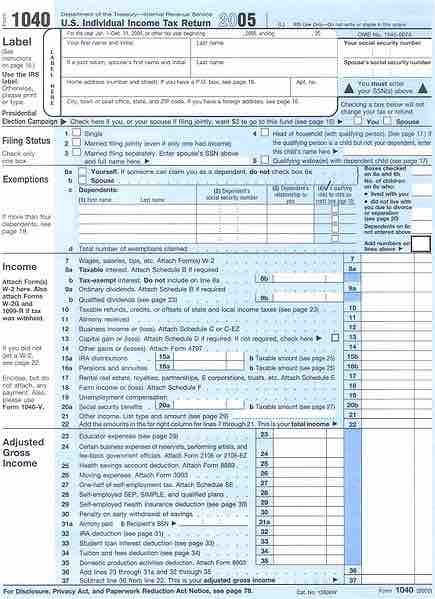Max Weber was a German sociologist, political economist, and administrative scholar who contributed to the study of bureaucracy and administrative literature during the late 1800s and early 1900s. Weber was a member of the classical school of management, and his writing contributed to the field's scientific school of thought. Weber's ideas on bureaucracy stemmed from society during the Industrial Revolution. As Weber understood it, particularly during the Industrial Revolution of the late nineteenth century, society was being driven by the passage of rational ideas into culture, which, in turn, transformed society into an increasingly bureaucratic entity.
Bureaucracy Defined
Bureaucracy is a complex means of managing life in social institutions that includes rules and regulations, patterns, and procedures that are designed to simplify the functioning of complex organizations. An example of bureaucracy would be the forms used to pay income taxes. Specific information and procedures are required to fill them out. Included in those forms, however, are countless rules and laws that dictate what can and cannot be included. Bureaucracy simplifies the process of paying taxes by putting the process into a formulaic structure, but simultaneously complicates the process by adding rules and regulations.

IRS tax form
An IRS tax form is an example of a complex form.
Bureaucracy in the Workplace
Weber's theories on bureaucracy included topics such as specialization of the work force, the merit system, standardized principles, and structure and hierarchy in the workplace. In his writings, Weber focused on the idea of a bureaucracy, which differs from a traditional managerial organization because workers are judged by impersonal, rule-based activity and promotion is based on merit and performance rather than on immeasurable qualities. Weberian bureaucracy is also characterized by hierarchical organization, delineated lines of authority in a fixed area of activity, action taken on the basis of (and recorded in) written rules, and bureaucratic officials requiring expert training. In a bureaucracy, career advancement depends on technical qualifications judged by an organization, not individuals. Weber's studies of bureaucracy contributed to classical management theory by suggesting that clear guidelines and authority need to be set in order encourage an effective workplace. Weber did not see any alternative to bureaucracy and predicted that this would lead to an "iron cage," or a situation in which people would not be able to avoid bureaucracy, and society would thus become increasingly more rational. Weber viewed this as a bleak outcome that would affect individuals' happiness as they would be forced to function in a highly rational society with rigid rules and norms without the possibility to change it. Of course, due to the advent of the behavior-management movement in the 1920s, this bleak situation did not come to pass.